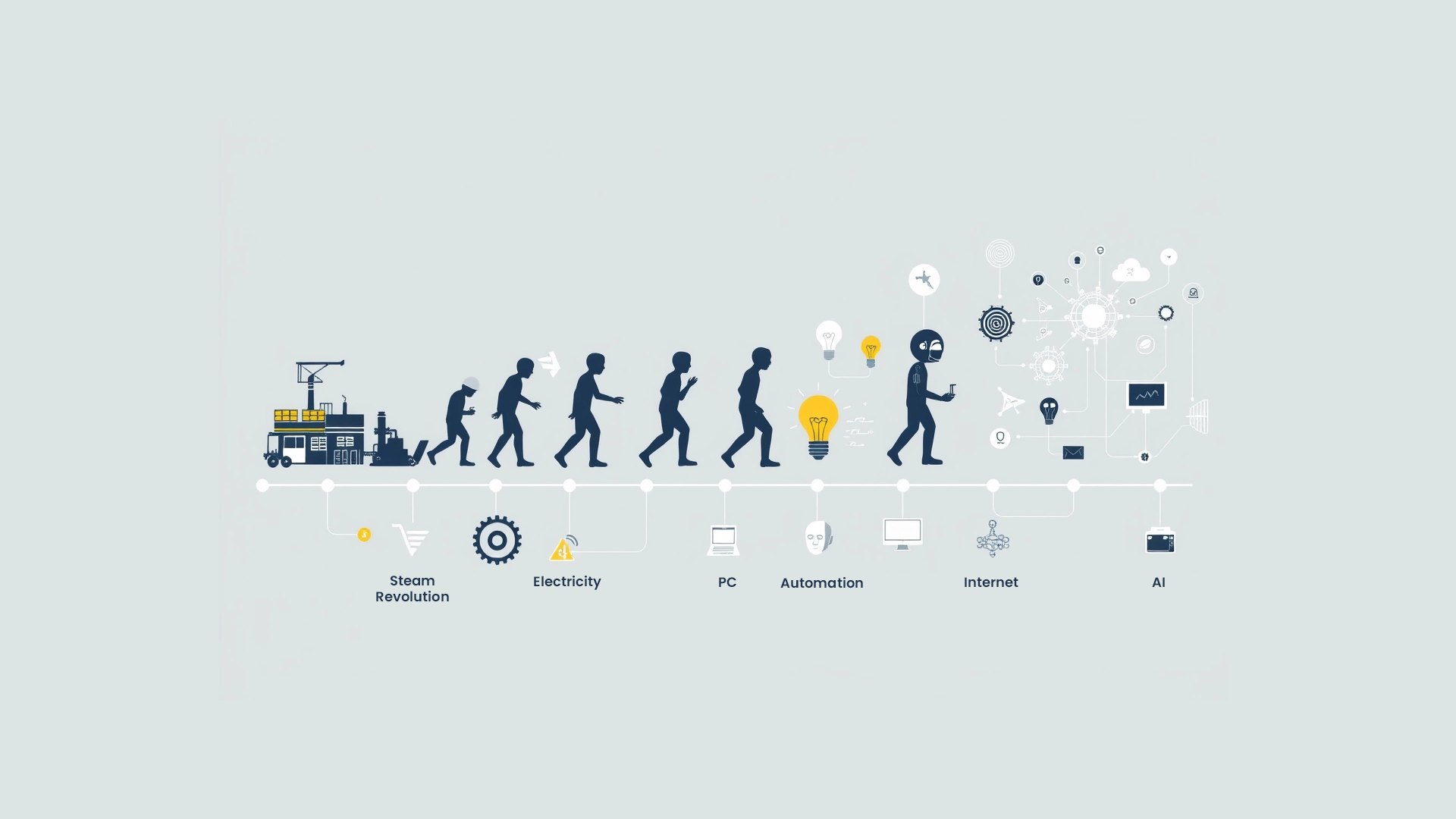Meeting Productivity: The Golden Key to Business
In today’s business world, time has become one of the most valuable resources. Employees and managers operate within a tight time frame to complete their daily tasks and achieve organizational goals. Meetings play an important role in this framework, but unproductive meetings can be costly at both the individual and organizational level. According to reports, on average, 6% of employees spend time in meetings, compared to 72% for CEOs. But meeting efficiency can be one of the keys to success in business.
Meeting efficiency can directly affect the success of an organization and employee satisfaction. To improve meeting productivity, Steve Jobs adopted the strategy of “making a sudden change” when the productivity of a meeting was low or participants were unprepared. Jobs’ approach ensured that meetings achieved their objectives quickly and effectively, and minimized wasted time.
Another important point is the cost of meetings. Studies show that unproductive meetings cause about 37 billion dollars of losses in the business world every year. A study by Steven Rogelberg and colleagues found that how employees feel about the effectiveness of meetings is related to their overall job satisfaction or dissatisfaction, even after controlling for environmental factors such as job design, supervision and compensation.
In this context, adopting meeting productivity strategies is inevitable for organizations. Here are some of these strategies:
Setting the Purpose and Agenda:
Setting the purpose and agenda of meetings in advance ensures that participants come to the meeting prepared and that the meeting achieves its objectives.
Participant Selection:
Inviting people who are relevant to the subject and who can contribute to the meetings allows the meetings to be more productive.
Time Management:
Setting clear start and end times for meetings and sticking to this time frame optimizes time management.
Use of Technology:
By using technological tools and software, it is possible to make meetings more interactive and effective.
Feedback and Evaluation:
Getting feedback and making evaluations at the end of meetings helps to make future meetings more productive.
In conclusion, meeting efficiency is a critical factor for both organizational success and employee satisfaction. Efficient meetings make it possible to achieve organizational goals and reduce costs in the business world by making the best use of time.
Other Articles













